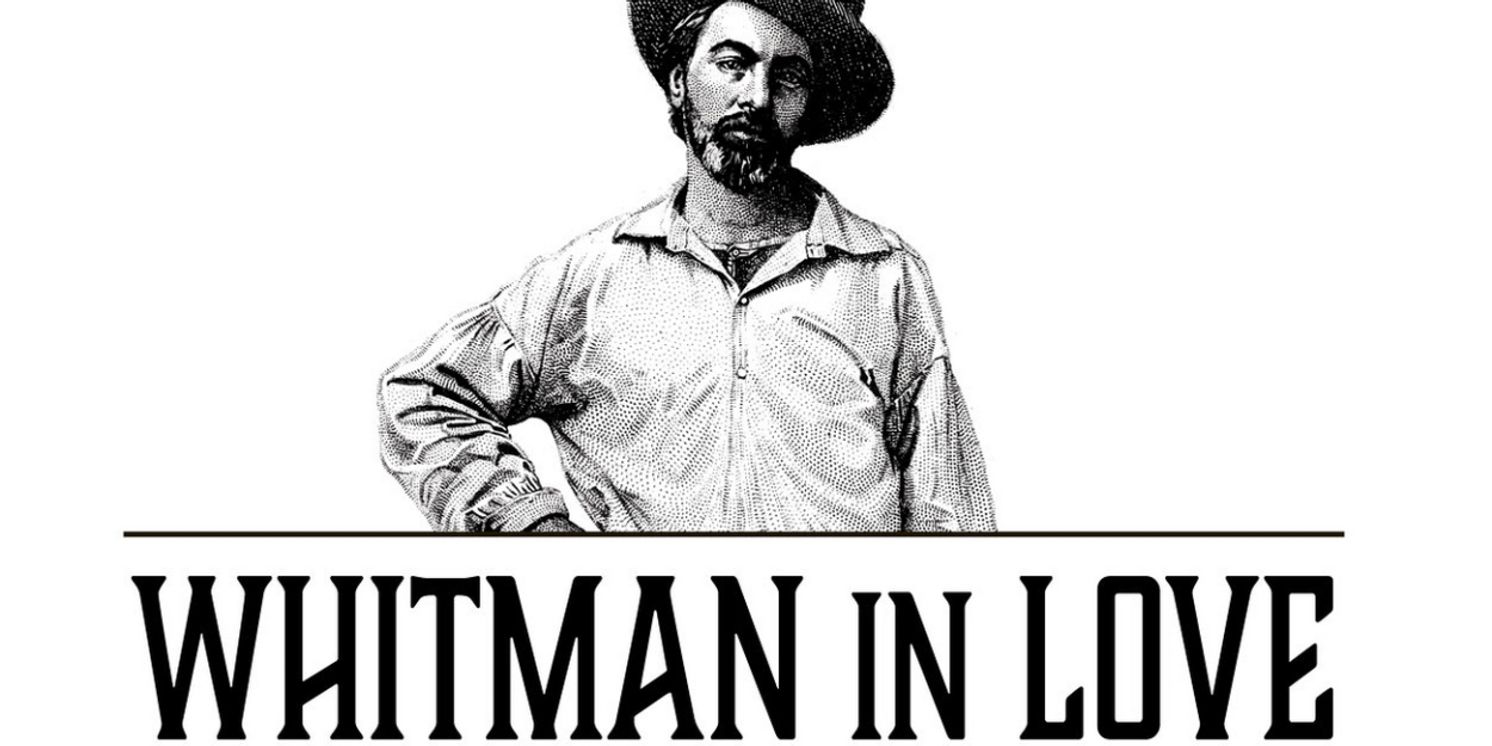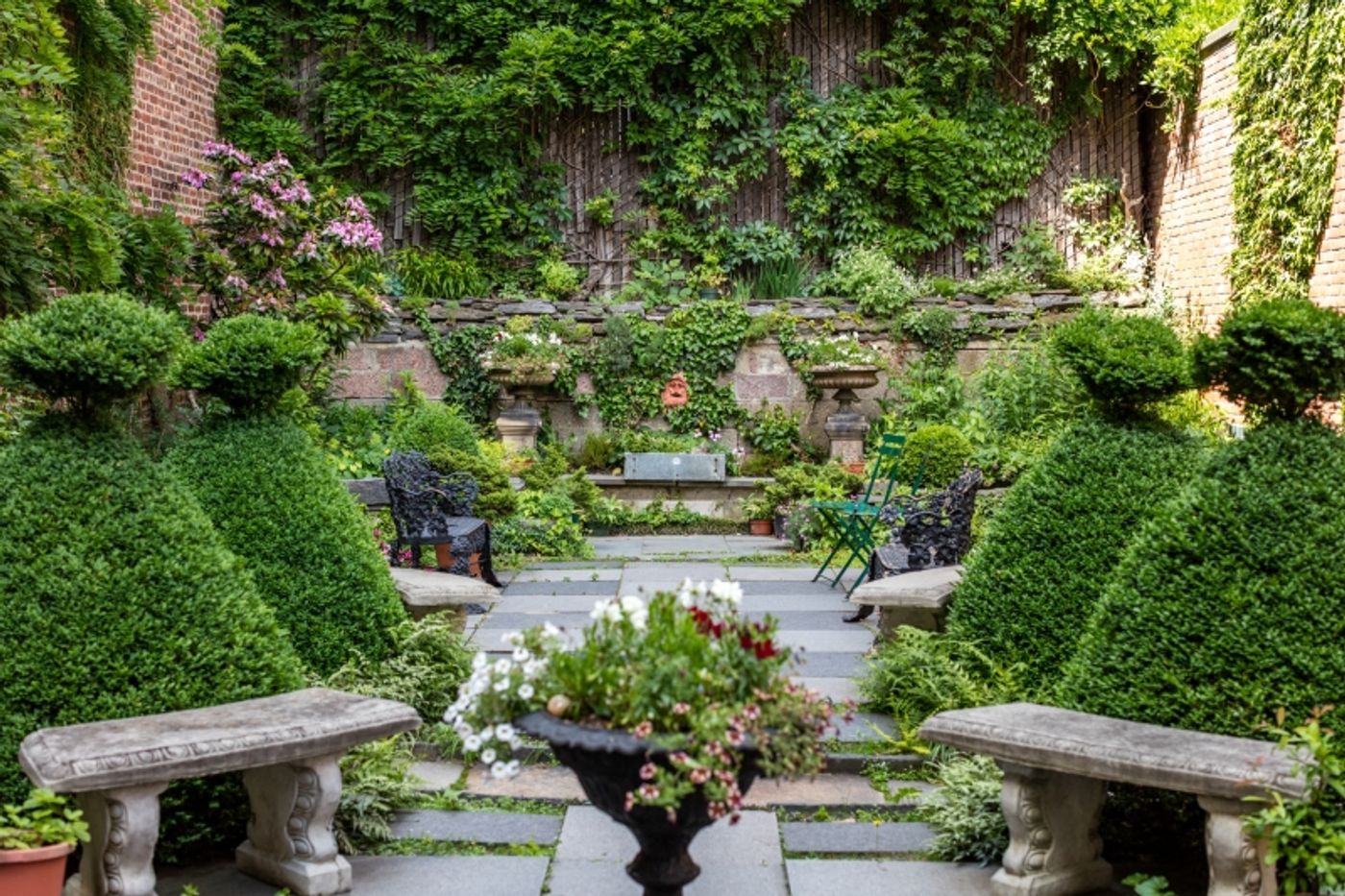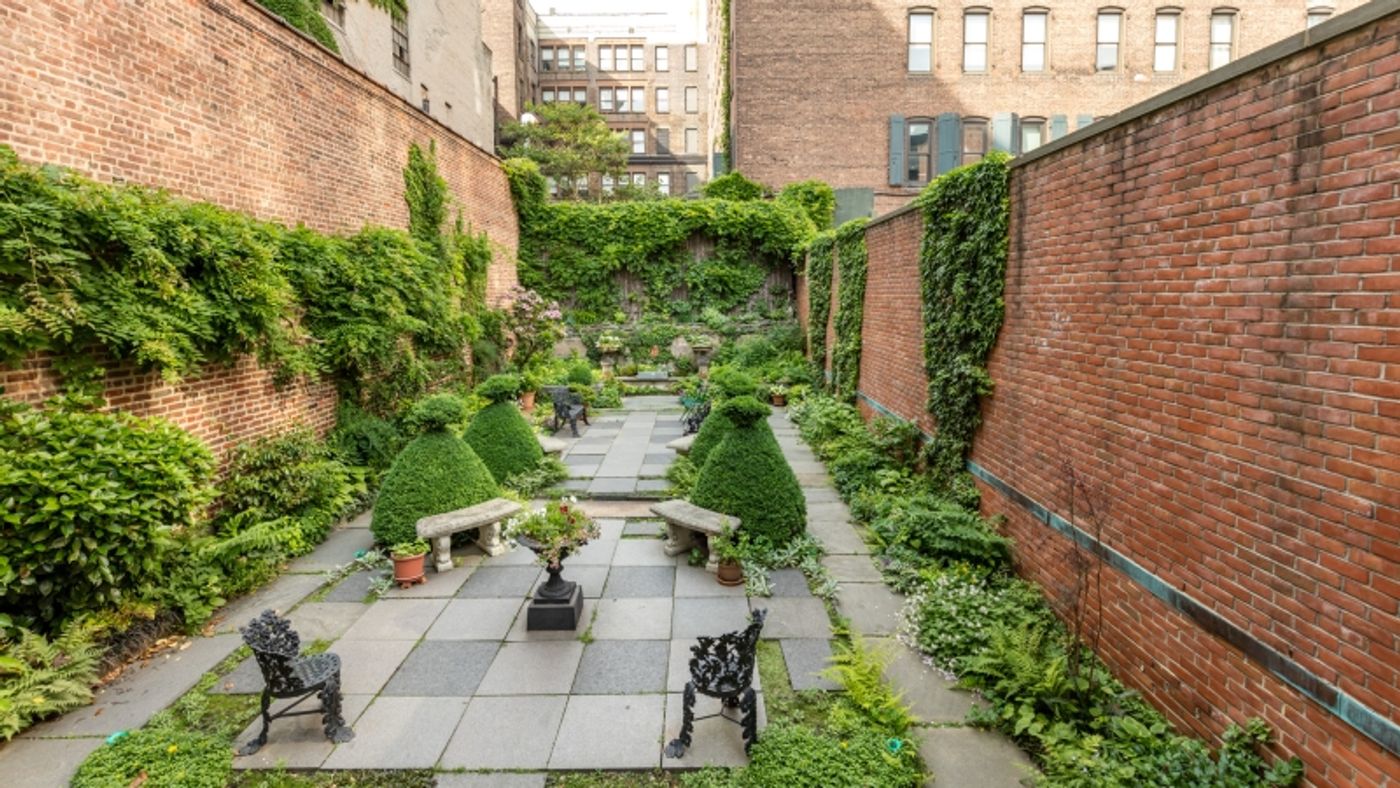Interview: John Kevin Jones is Celebrating Walt Whitman as an LGBTQ+ Icon with WHITMAN IN LOVE
Jones discusses the importance of Whitman's words at this time and much more.

John Kevin Jones, who is best known for his performances over the last 10 years in A Christmas Carol at the landmark 1832 Merchant’s House (29 E. 4th St, Manhattan), returns this month to celebrate the timeless poetry of Walt Whitman.
Jones invites you to a summer garden party from June 21-24 for Whitman in Love - Live Oak, with Moss & Other Poems. Half a century following Whitman’s 1892 passing, a secret notebook was discovered containing an early 12-poem series, which had been revised and incorporated into his famed poetry collection “Leaves of Grass.”
In Whitman in Love, Jones performs the original poems, in which Whitman writes about his romantic relationships with other men.
BroadwayWorld spoke with Jones about celebrating Walt Whitman as a queer icon, the importance of Whitman's words at this time, and more.
You have been performing A Christmas Carol at Merchant House over the last 10 years. How does it feel to be returning to the Merchant's House with 'Whitman in Love - Live Oak, with Moss & Other Poems'.
It’s certainly a departure, it’s a different feeling altogether. I’m really thrilled to be performing at the Merchant’s House, I’m very comfortable there, it’s almost become a second home for me. Certainly at Christmas time, when I turn the corner to go to performances and see the house there, I’ve been doing it for so long, it does kind of feel like I’m going home for the holidays, in a very strange way! It's comfortable, and exciting, and different, and at the same time energizing, as well. I feel really motivated to tell this story, and his poems.

I would love to learn how this show came about. Can you tell me what inspired you to perform this piece?
Absolutely! I wanted to do Whitman for a long time because I love literature, and I love Whitman, and I had done Poe before at the Merchant’s House, and then, of course, Dickens, and I’ve been working on some other Dickens works for the future as well. I always wanted to do Walt Whitman. And then I was doing some casual research, not really looking at specifics, just googling, and I found this article on The Walt Whitman Archive and it was about a cycle of 12 poems that were discovered almost 100 years after Whitman’s death.
These poems had been published in Leaves of Grass, but not in the order that they are in in this notebook. Which is a particular narrative, and it really does define him as an LGBTQ+ icon. It really solidifies him as a queer person living in that time. And as he goes through many same-sex relationships, it goes through the feelings, and the love, and the sadness, and all the different things that happen in any relationship. He says in these poems, ‘I am what I am.’ He really just calls it out in the language of his time. And the language that he makes. Because there’s no word for homosexuality the way we have it now, so he calls it, 'manly love', and 'rough love', but this is what he’s talking about.
And then I turn on the news, and I see that the world has turned against gay people, that suddenly we are everything that’s wrong with the world. And I thought, ‘They’re banning our books, they’re banning our history, they’re banning all this stuff, and here is Walt Whitman, the father of American poetry, and his words at this time would make an impact.’ So, that’s why I did it. That people would know that this, not only gay icon, but New York icon, has something to say about who we are today. And something important to say about who we are today: we are here, and we’ve always been here. We’re the defenders of the culture, we are the people that you look to for entertainment, we are the people that you look to for insight into your very existence! That was what inspired me. I think it’s one of the first things the Merchant’s House has done that’s specifically geared towards gay pride. So, I’m really thrilled to be spearheading the effort there, and I hope it goes on and on in the future.
Do you have a poem within this collection that particularly speaks to you?
Oh, yes, number 7. And the reason I think number 7 speaks to me so much is because it really is revealing that at the core of his being, he was a lover. That he was very much attached, as we all are, to our romantic relationships in our lives, and it was really who he was at core, at the very center. And it just moves me so. As a gay person too, being able to stand and say, “This is who I am.” And it’s not just about sex. It’s about my love, my life, my day to day, there is so much more to it than gender and sex that makes a gay person a gay person, or a trans person a trans person, or whomever. Whatever the difference actually is, it’s not just about sex and gender, there is something else that’s deeper, and more at the center of a person’s personality, core, soul, all those things.
What do you hope that audiences take away from Whitman in Love?
I really hope that they take away a clearer picture of who he was. And who we are through seeing this clearer picture of him, that we are these people too. Like he says, we are all as great as each other, we all have as good as the other, we all can have these relationships, we all do have these relationships, and that in some ways, in the most basic of ways, they are the same. We have our ups and our downs, and our loves, and we are all looking for this lifelong love, that’s what it’s about when we’re out there looking for our soulmate.
But also, there is another poem that I perform in this piece called ‘To You’. It’s the poem that I end with, and in that poem, Whitman asks us to take his work forward. He actually says, “I want you to be my poem. I lay my hands on you, and you are going to go forth, and you are going to take me forward.” That’s the other part of it, I do want them to take that as well. In that final moment I think that he has so much to say to us, and so much to give us that can carry us forward, and make our lives richer.

You can purchase tickets now on EVENTBRITE. For more information, please visit www.merchantshouse.org/whitman.
Videos

